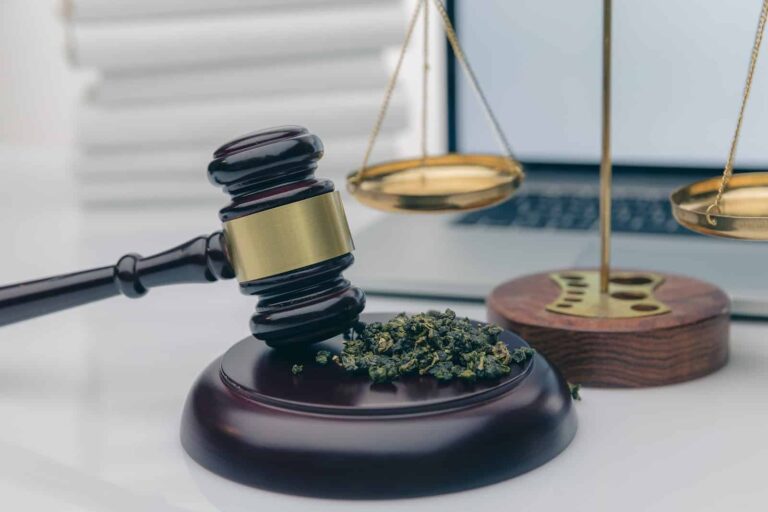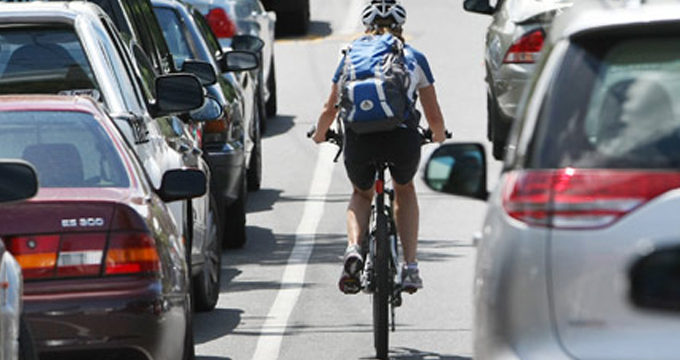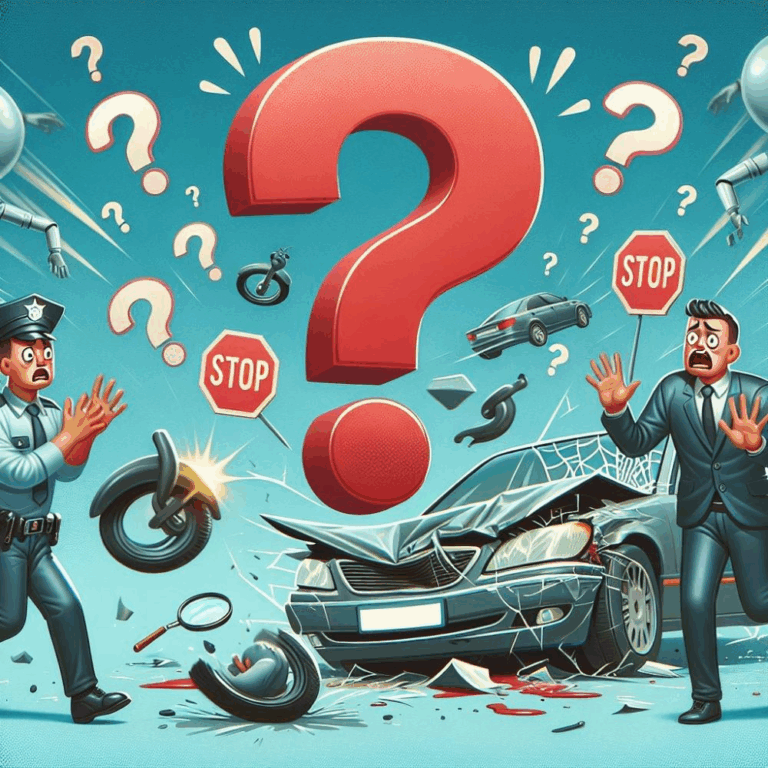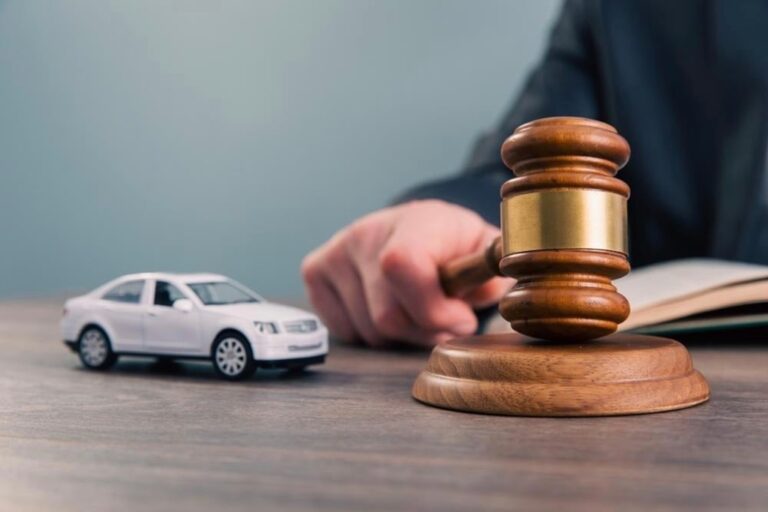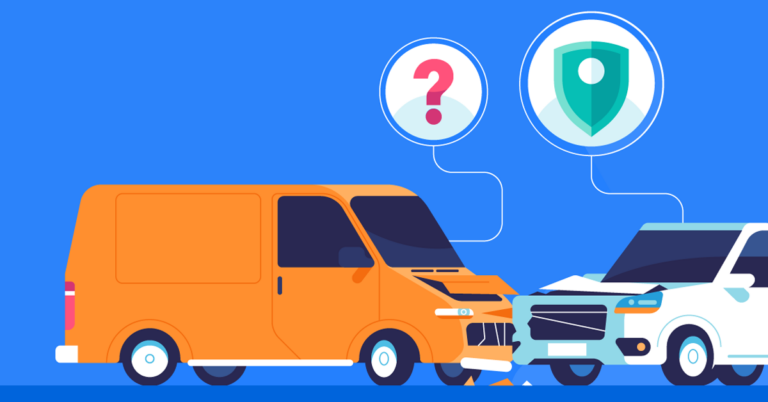Who’s Liable When a Stolen Car Causes an Accident in Georgia?

Understanding Liability in Stolen Car Accidents
When a stolen vehicle is involved in an accident, determining liability can be complicated. Unlike typical car accidents where the at-fault driver’s insurance covers damages, stolen car accidents raise unique legal and insurance questions. In Georgia, knowing who is responsible for damages depends on multiple factors, including the vehicle owner’s actions and the thief’s involvement.

Who is Liable When a Stolen Car Causes an Accident?
1. The Car Thief
The person who stole the car is legally responsible for any damages caused. However, recovering compensation from a thief is difficult since they typically lack insurance or financial resources to cover the losses. If the thief is caught, victims may file a lawsuit against them, but collecting damages can be challenging.
2. The Vehicle Owner
In most cases, the owner of the stolen car is not liable for damages caused by the thief. However, there are exceptions:
- Negligent Vehicle Security: If the owner left the car running, unlocked, or with keys inside, they may be found partially responsible.
- Lending a Car to an Untrustworthy Person: If the vehicle owner allowed someone with a history of reckless driving to use the car, they could be held liable.
3. Other Involved Parties
Sometimes, other parties may be liable, including:
- Government Entities: If a stolen vehicle accident occurred due to poor road conditions or inadequate law enforcement response.
- Dealerships or Rental Agencies: If the vehicle was stolen due to a lack of security at a dealership or rental lot.
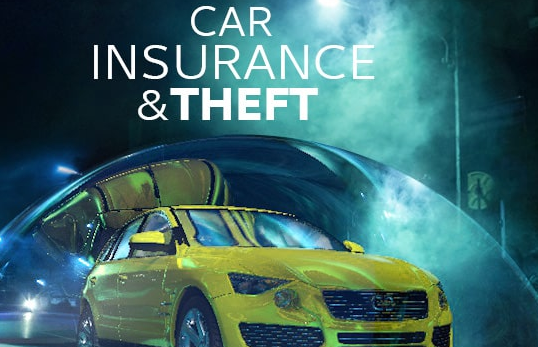
How Insurance Covers Stolen Car Accidents
1. Victim’s Insurance Options
If you are hit by a stolen car, your best options for compensation include:
- Uninsured Motorist (UM) Coverage: If the thief has no insurance, UM coverage can help cover medical expenses and property damage.
- Collision Coverage: If your car is damaged, collision insurance can pay for repairs, minus your deductible.
2. The Car Owner’s Insurance
If your car was stolen and involved in an accident, your liability coverage typically does not apply. However, your comprehensive insurance may cover the theft itself.
3. The At-Fault Driver’s Insurance
If another driver caused the accident involving a stolen vehicle, their liability insurance may still be responsible for damages.

What to Do If You Are Involved in an Accident With a Stolen Car
If you are hit by a stolen car, take the following steps to protect your rights:
1. Call the Police Immediately
- Report the accident and let law enforcement handle the stolen vehicle investigation.
- Obtain a police report to support your insurance claim.
2. Gather Evidence
- Take photos and videos of the accident scene, vehicle damage, and license plates.
- Collect witness statements and their contact details.
3. Notify Your Insurance Provider
- File a claim with your insurance and provide them with all relevant documentation.
- If the thief is caught, your insurer may pursue them for reimbursement.
4. Seek Legal Assistance
- If you face challenges recovering damages, consult with Car Wreck Cowboys to explore your legal options.

Preventing Liability as a Car Owner
If you own a vehicle, take precautions to prevent theft and potential liability:
- Always lock your car and remove keys from the ignition.
- Avoid leaving valuables in your car, which can attract thieves.
- Install anti-theft devices such as alarms or GPS tracking.

Conclusion
Determining liability in a stolen car accident is complex. While the thief is ultimately responsible, victims may need to rely on their own insurance for compensation. If you’ve been involved in an accident with a stolen vehicle or had your car stolen and misused, seeking legal guidance can help ensure you get the compensation you deserve.
Need Legal Help?
If you need assistance navigating stolen vehicle accident claims in Georgia, Car Wreck Cowboys is here to help. Contact us today for a free consultation to discuss your case.

